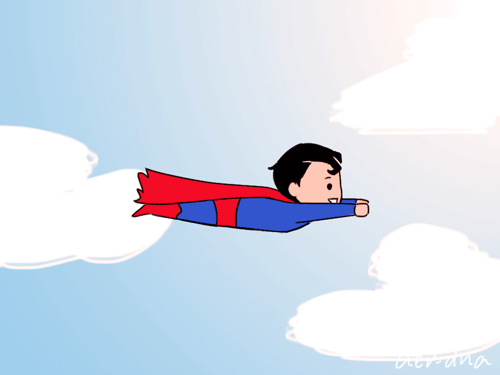
What defines a hero? What separates the real heroes from those who just title themselves as one? If you were to ask me those questions three months, I would struggle to give definitive answers. However, after taking my Critical Thinking and Writing class, I have learned how to differentiate between what it truly means to be a hero and the casual, informal use of the word. In our classes, we looked at heroes from all types of literature and media from novels to movies to even a sitcom. We noticed that even though we looked at a wide variety of hero portrayals, they all followed two key concepts: the hero’s quest cycle and the hero ‘s journey. Either of those can show who the hero or heroes of the story are. This will help differentiate the true heroes from someone who has done a good deed. This could also unveil another, more subtle hero present in the story; there could always be more than one hero. However, anyone who follows the quest cycle or journey may not be a hero; all heroes follow the cycle and journey but not vice-versa necessarily. Someone could easily help another person unintentionally, such as Pierce from the sitcom Community. Pierce did successfully align with the quest cycle but due to his intention of hurting Neil, it disqualified him from the title of a hero. The connection we made for the things we read or watched as a child (Hunger Games and superheroes) was the most interesting; to see that we can apply it to those things amazes me and makes me wonder how people do not notice. This class changed my perspective about writing as a whole, that writing can be a formula.

Hero’s Quest Cycle
- Zone of comfort
- Wants something
- Unfamiliar situation
- Adapt to it
- Set what they wanted
- Pay a heavy price
- Return to familiar
- Having changed